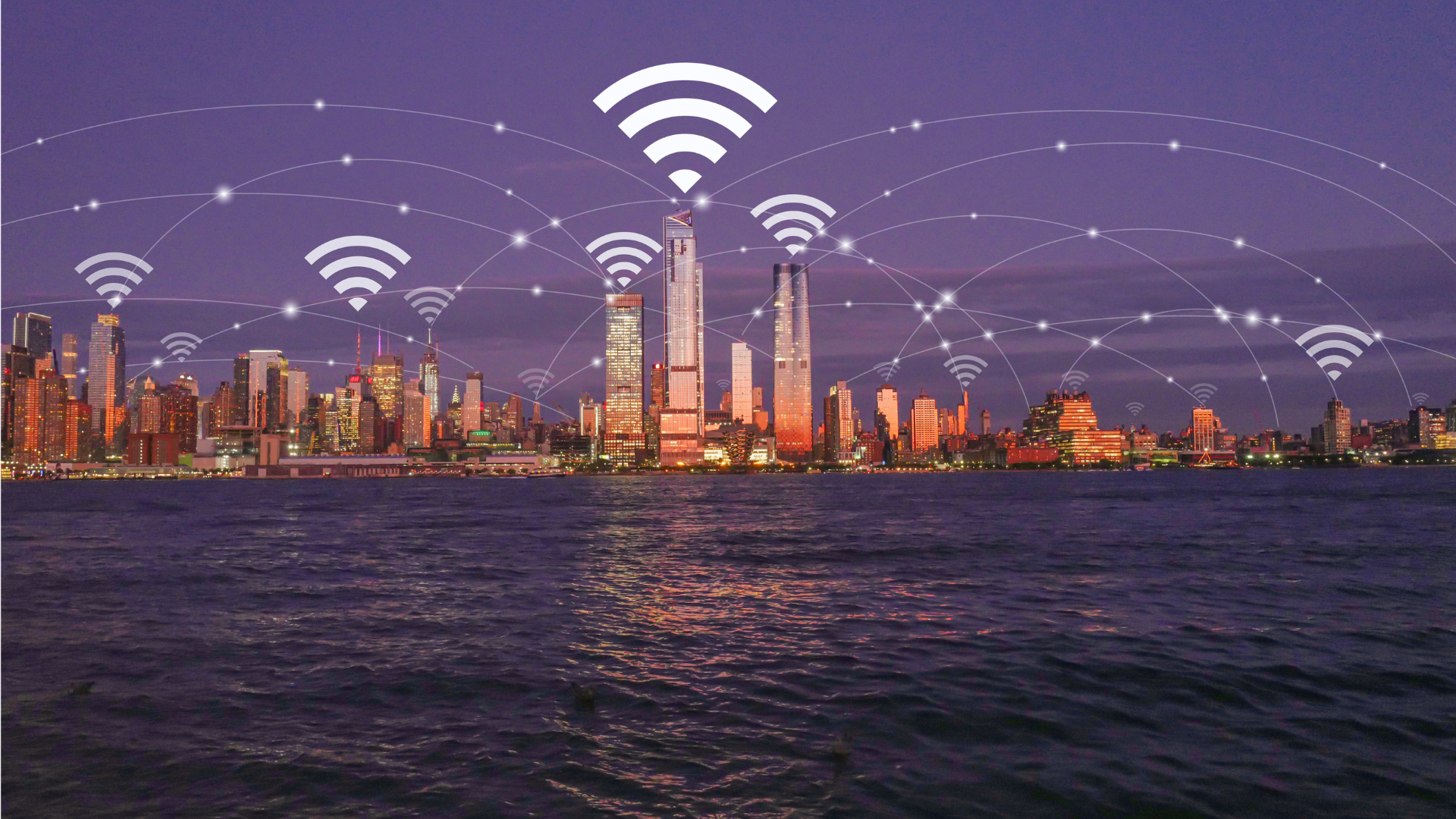Without doctors and medical innovations, numerous people might have still been affected by the common flu let alone the life-threatening diseases. To think of those days when there were limited treatments that would only add to the woes of humankind gives us a chill down the spine.
Thankfully, in the last few years, there has been a lot of progress made in the health industry. These advancements represent a paradigm shift in healthcare delivery. Innovations such as gamma knife radiosurgery and other state-of-the-art medical technologies have propelled healthcare into a new era of precision and efficacy. Alongside these breakthroughs, improved communication tools have facilitated seamless interactions between healthcare providers and patients, enhancing accessibility and patient engagement.
As technology continues to advance, the potential for transformative impact on healthcare delivery and outcomes is vast, promising a brighter and healthier future for all. That being said, here are 5 tech advances that will have a huge impact on the future of health care!
Precision Medicine and Surgical Tools
Precision medicine is a field of healthcare. It uses the latest technology to diagnose and treat patients more accurately. This technology can identify specific diseases and abnormalities. It can prescribe the most appropriate treatment. It can also help doctors track their patients more closely to ensure they are getting the best possible care.
Precision medicine is already being used in hospitals around the world. Some of the most common applications include detecting cancer, monitoring heart health, and diagnosing stroke. Many other applications are waiting to be discovered. These include identifying Alzheimer’s disease, preventing birth defects, and treating head injuries.
The benefits of precision medicine are clear. It reduces costs by avoiding unnecessary treatments and surgeries. It also improves patient outcomes. It ensures that they receive the most effective treatment for their specific condition. Also, precision medicine allows doctors to personalise their care for each patient. This means that they can better understand their needs and preferences. This leads to better treatment outcomes.
Coming to precision surgical tools, it refers to specialized tools and devices designed to enhance the accuracy, efficiency, and safety of surgical procedures. These instruments are engineered to provide surgeons with precise control and visualization during intricate surgical tasks, reducing tissue trauma and minimizing the risk of complications.
Precision surgical tools and devices has completely transformed the healthcare landscape by drastically improving surgical procedures and patient care. Surgeons now have access to high-tech tools, ranging from minimally invasive surgical devices and advanced laparoscopic instruments to cutting-edge endoscopic equipment. These tools are often meticulously crafted to offer unparalleled precision, control, and visualization during intricate surgeries. Also, these instruments not only lower tissue damage but also decrease the chance of complications, thus helping the surgeons to perform complicated tasks more accurately and efficiently.
As a result, patients recover faster, experience less discomfort after surgery, and face fewer complications, thus leading to improved overall health and a better quality of life. Additionally, precision surgical tools enables minimally invasive procedures, which means smaller incisions, less noticeable scarring, and quicker recovery times compared to traditional open surgery techniques.
Artificial Intelligence
Artificial Intelligence (AI) is quickly becoming an important part of healthcare. It’s being used to help doctors diagnose diseases and make more accurate treatment decisions. AI also helps doctors manage chronic illnesses and interact with patients more effectively.
One of the most important ways AI is helping healthcare is by automating tasks that are currently done manually. For example, a doctor can now use AI to automatically create medical charts using data from hospital records. This makes it easier for doctors to keep track of their patient’s health histories, and it also reduces the time they spend on paperwork. AI is also used to augment human intelligence in hospitals. For example, it can help identify patterns in patient data that would otherwise be difficult for humans to see. This can help doctors make better decisions about which treatments to recommend to their patients.
Overall, AI is playing an increasingly important role in healthcare. Its ability to automate tasks and supplement human intelligence will make it even more vital in the years ahead.
Augmented Reality
Augmented Reality (AR) is a technology that enhances reality. It adds supplemental digital content to what a person sees in the physical world. AR can be used in healthcare settings to improve patient care and education. For example, AR tools can show patients how their scans or X-rays will look before they’re performed. It can also help doctors diagnose medical conditions more accurately. It also has potential uses in marketing and health research. Hospitals could use AR tools to promote healthy eating options around the hospital. Also, researchers could use AR to study how people interact with new designs for health products.
AR is still in its early stages, but it has the potential to revolutionise healthcare. As AR continues to evolve, it will be easier and more common for patients and doctors to access essential information and feedback.
Mobile Health Apps
There are many mobile health apps available to help people live healthier lives. Some of the most popular include apps that track heart health, obesity, and diabetes. Some promote exercise, provide nutrition information, and track pregnant women’s health. Mobile health apps can also diagnose and treat illnesses, including infections and cancer.
Some health professionals recommend using mobile health apps to monitor people’s health. This is instead of relying on traditional medical exams and treatments. They argue that mobile health apps are more affordable, easier to use, and more convenient than traditional medical procedures. However, there are some limitations to using mobile health apps. For example, some apps do not work well in areas with poor cellular coverage or in rural areas. Additionally, the accuracy of some apps’ measurements may be limited.
Overall, mobile health apps are becoming more popular and accurate. This makes them an important part of healthy living.
M2M Simcards
Machine-to-Machine (M2M) SIM cards hold immense potential to revolutionize the healthcare industry by facilitating seamless connectivity and data exchange between medical devices, systems, and healthcare professionals. These specialized SIM cards enable remote patient monitoring, allowing healthcare providers to track patients’ vital signs, medication adherence, and overall health status in real time, regardless of their location.
This capability not only enhances the quality of care by enabling proactive interventions and personalized treatment plans but also expands access to healthcare services, particularly for individuals in remote or underserved areas. Additionally, m2m sims can facilitate telemedicine and telehealth services, enabling patients to consult with healthcare providers remotely via video conferencing, messaging, or virtual visits.
This not only improves patient convenience and satisfaction but also reduces the burden on healthcare facilities and minimizes healthcare costs. Furthermore, M2M SIM cards enable seamless connectivity for medical devices, ensuring optimal performance, remote device management, and timely software updates.
Bonus Tip: Wearable Technology
Wearable technology is becoming more and more popular. This is especially true with people interested in improving their health. There are many different types of wearable technology that you can use to improve your health. Some of these are heart rate monitors, pedometers, sleep trackers, and activity trackers.
Heart rate monitors are a type of wearable technology that you can use to watch your heart rate. They typically consist of a band that you wear around your chest or upper arm and a sensor that measures your heart rate. Most heart rate monitors have an app that you can use to view your data, as well as set goals for yourself relating to your heart rate.
Pedometers are another type of wearable technology that you can use to check your health. Pedometers consist of small foot devices that you place on the ground when you walk or run. They track the amount of time and distance that you walk or run in a given period. You can also use pedometers to measure how many calories you have burned in a given period.
Sleep trackers are another type of wearable technology that can track your sleep quality. Sleep trackers consist of an armband or wristwatch-type device. It tracks either how long it takes you to fall asleep (indicating how wakeful you were during the night), or how many times you wake up during the night (indicating how deep your sleep was). You can also use sleep trackers to check your heart rate, breathing patterns, and other aspects of your sleep.
Activity trackers are another type of wearable technology that can monitor your health. They consist of a band or strap that you wear around your wrist or ankle. They track the amount of exercise that you do in a given period.
As digital technologies continue to evolve, so too does the way we interact with our health. With these tech advances, the health industry is seeing unprecedented changes. I hope you found this article informative and that it has inspired you to explore these innovations further!








